Westworld Episode 9 Instant Take: “Vanishing Point”

Westworld Episode 9 Instant Take: “Vanishing Point”
The Penultimate episode of season two of Westworld focuses mainly on the troubled past of William (aka MiB) while explaining further details on Dr. Ford’s master plan.
While Gene is on vacation in Chicago, Roger flies all the way to Florida in order to watch and record in person with Dick. Join the shatty duo as they unravel the consequences of being a Category 47B human.
Take our survey here: https://survey.libsyn.com/shatontv
Westworld Episode 9 Summary:
“Vanishing Point” As Emily treats William’s wounds, she asks him why Juliet committed suicide. In a flashback, it is revealed that Juliet killed herself after she viewed a file detailing all of William’s past actions in Westworld. In the present, William slowly begins to go insane and shoots Emily under the belief she is a host sent by Ford. Realizing too late that she is human, William considers committing suicide before he starts cutting open his own arm. In the Mesa, Charlotte’s men manage to use Maeve’s code to reprogram Clementine, allowing her to control other hosts as well. Bernard escapes the Mesa with Elsie, but Ford continues to goad Bernard into killing Elsie to prevent her from betraying him in the future. Bernard deletes Ford from his mind and parts ways with Elsie, continuing on to the Valley alone. Ford leaves a message for Maeve, telling her he will help her escape. Dolores and Teddy continue their journey to the Valley, but Teddy tells Dolores that he cannot accept Dolores’ actions and the way he was reprogrammed, and commits suicide.
Subscribe Now
- Android: https://shatpod.com/tv/westworld-android
- Apple/iTunes: https://shatpod.com/tv/westworld-itunes
Help Support the Podcast
- Contact Us: https://www.shatpod.com/contact
- Commission Movie: https://www.shatpod.com/support
- Support with Paypal: https://www.shatpod.com/paypal
- Support With Venmo: https://www.shatpod.com/venmo
- Shop Merchandise: https://www.shatpod.com/shop
- Shop Amazon With Our Affiliate Link – https://www.amazon.com/?tag=shatmovies-20
- Theme Song – “The Ecstasy Of Gold” (Hip Hop Instrumental Version) by Dj 2 Bad
- Outro Music – By Simon Eric Haywood

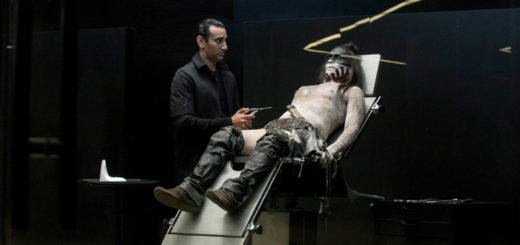
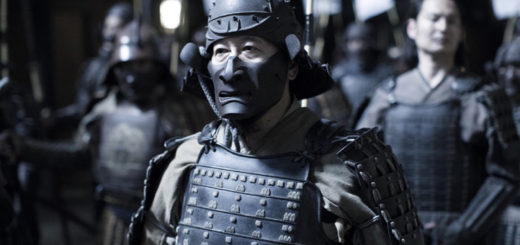
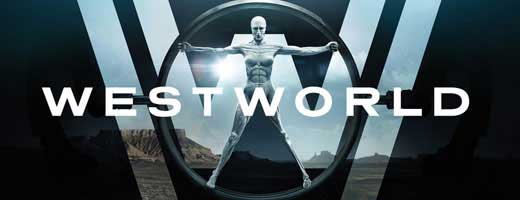
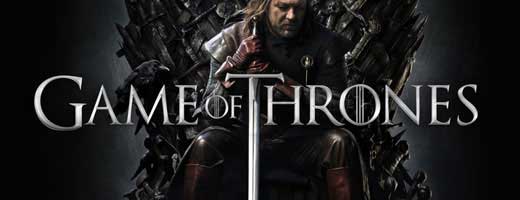
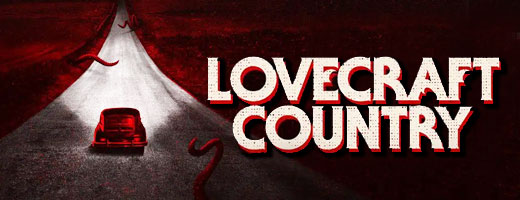
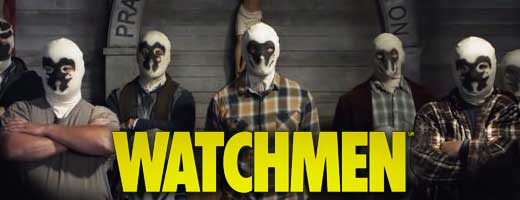
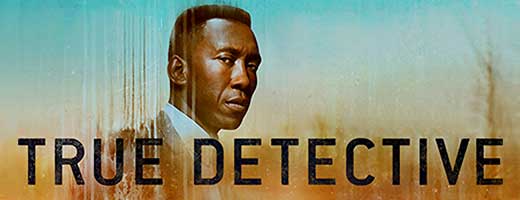
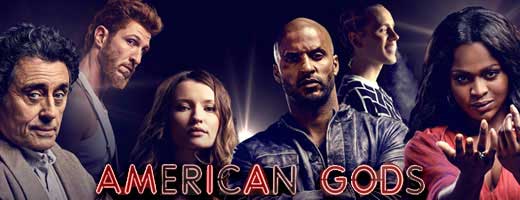
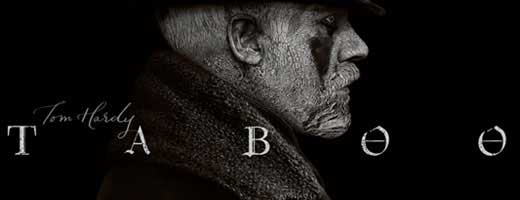
Hey there,
First off I’m really glad I discovered you guys as this season was starting, since I was also just getting into podcasts and also watch a lot of the movies you talk about on the other thing. So, thank you all for the interesting and relateable content.
Anyways, my theory after watching the latest episode a few times now is that eventually William was possible betrayed or just died at some point and was replaced by a host profile of himself. That way, a big part of his whole development is that he eventually starts to realize what might be going on (and goes full terminator with the wrist slit). At the gala he wigged out at one point and saw Dolores, and after his wife called him billy knowing he didn’t like it, but he really didn’t look phased. And at that event bar ford told him a few things that would influence him later at his last encounter with daddy Delos, about some men not needing to live forever. And he was given a chip of his conscious profile. All this could be a whole lotta incentive for the new director of board and head of operations, Hale and strand, to cover all the data on “the project”.
Hey guys––
I’m sure you’ve all seen WW theories that lay out folks’ syntheses of religious themes and symbolism––Judeo-Christian and otherwise––in Season 2 and the show more broadly. Like all the others, I think I’m onto something, but if you think it stands out and choose to discuss it together that’s great. I think you’ll likely find it different than the others. I’m just beginning to write this stuff down, so it’s not completely fleshed out and certainly not polished.
I need to start with a disclaimer and also a clarification. First: I am, indeed, a Christian. I make that disclaimer because I’m aware that non-Christians may interpret my exegesis on the show as an attempt to, at best, map allegory where it doesn’t exist, or, at worst, proselytize my faith by––in the language of the day––culturally appropriating pop culture. The first was a conclusion I myself came to on several occasions. Throughout the show I’ve remained aware of my own bias, and in many cases have abandoned the idea that Christ’s and humanity’s story was mirrored and illuminated in the Westworld universe. Each time that happened, though, an unexpected plot turn, character development, or other reveal functioned to reshape the whole and, in turn, refocus my mind’s eye on Christ’s operation and illumination in the show.
The clarification is this: my Christian view is unorthodox because I believe in a certain kind of reincarnation. Indeed, many early Christians taught reincarnation (Origen, for example). I don’t subscribe to the Buddhist kind, which is dependent on meritorious acts of personal will to achieve nirvana. Ultimately, too, Buddhist nirvana’s purpose is said to be absolute detachment from everything (or at least all material things). Instead, I believe that individual souls traverse multiple lifespans under the Providence of God for the purpose of refinement and instruction in, above all things, absolute, unconditional love. The function of Christian reincarnation is, so to speak, to take souls on an all encompassing tour of God’s universe, for the ultimate purpose of 1) acknowledging the existence of evil, 2) recognizing that love is the only way to overcome evil, and 3) achieving absolute love requires self sacrifice. A full explanation of my views on this subject would take a much longer message, which I won’t do here. I will extrapolate more as I lay out my WestWorld points below; however it’s important to note my view here in the beginning because the following exegesis isn’t an orthodox Christian interpretation and wouldn’t make sense and such. Mine is unorthodox, to be sure.
Okay, so enough preamble… I’ll dive into the show. Instead of trying to flag every instance of what I see as Christian symbolism, metaphysics, character parallels, etc., I’m going to focus on a few elements of Episode 9, with a view toward what could/what I think will happen in the season finale, interspersed with some interesting quotes from other episodes. The key for me really came to the fore this week during Ford’s monologue to Maeve. The main way I’ve traced the Christian framework of the show has been through its character development. Many of the essential elements––the sort of philosophical and metaphysical prerequisites––for interpreting the show as Christian allegory were there from the beginning: existential angst, knowledge of good and evil (as well as moral ambiguity), free will (or not), rebirth/reincarnation, materialism versus spirituality, etc. The most obvious Biblical character parallel apparent early on was Ford as God. Everybody got that one. In this week’s episode, however, a new truth that had become more apparent in recent weeks but was unthinkable at the beginning of the show is that Maeve is the Christ figure. Unlike Ford’s allegorical identity, Maeve’s took some time to reveal. Her identify is now no less clear, however, given Ford’s admission of Maeve as his “favorite host,” and one that sacrificed her own freedom (and perhaps life) for her daughter’s sake. To me, the time that Maeve has/is spending mangled within the Mesa symbolizes Christ’s time in the tomb, so to speak, before her “second coming.” Just as the Holy Spirit operates to do God’s will throughout the Church (understood as the body of believers who “have ears to hear and eyes to see”), Maeve operates through the woke hosts remotely through code to accomplish her will while she is out of commission physically. When she “comes back,” she’ll join her followers to confront Dolores––the old Serpent/Satan/Antichrist.
As Wyatt in a previous lifetime, the Death Bringer, and as the seemingly-innocent/beautiful farmer’s daughter across “lifetimes,” Dolores is the (re)manifestation of the “angel who fell from heaven,” and the one who would, if not for Maeve/Christ, lead all to destruction in the pursuit of “freedom.” Her paramount sin, as was the Devil’s is pride. Maeve calls her out on it when she acknowledges that Dolores’ version of freedom is the kind where she gets to make everybody free, whether they have a choice or not. She knows best, and all should follow her or else perish. Her rebellion leads to more terrible things than what she claims to be fighting against, as evidenced by her own paramour Teddy offing himself because of the terrible things she’s made him do. Dolores’ apparent physical beauty makes her that much more a solid candidate for her nefarious role; Satan was the most “beautiful” of God’s angels before the fall. She’s also been around from the beginning and likes to draw on that ethos by calling the other hosts “children.” If that’s not enough, read Dolores’s: “We have toiled in God’s service long enough. So I killed Him. And if you want to get to Glory, you won’t be looking for His favor. You’ll need mine.”
The Man in Black, for me, is the archetypal everyman. He is us. He represents the seeker who hides his fears, guilt, insecurities, and past by 1) covering them with meritorious acts (philanthropy, good husband and father, etc.), or otherwise 2) escapes them/releases them into/under the rug (i.e. read WestWorld). His sense of competence and self-righteousness is indicative of our own blindness and ignorance when it comes to the legalism with which we judge the world and others, but not our self: “They wanted a place hidden from God. A place they could sin in peace. But we were watching them. We were tallying up all their sins, all their choices…I have received my judgment all the same, Lawrence. And I take issue with it. Because up until this point, the stakes in this place haven’t been real. So I’m gonna fight my way back and appeal the verdict. Then I’m gonna burn this whole fuckin’ thing to the ground.” One, he believes he is the one doing the judging/manipulating, when in reality Ford/God is in control; and two, Most interestingly, even though William’s/Man in Black’s original intent with the park was to achieve immortality, he is ultimately more concerned with the meaning of the park and the story Ford has contrived for him. Even if he could live forever, everlasting life wouldn’t be worth anything without atonement for what he’s done or will do with it. Lots more to say here that I won’t go into until after the season finale.
I suspect, and judging by the imagery in the “next week on Westworld” clip, that the season finale will play out some allegorical Christian eschatology, with the Valley Beyond and the Forge and the imminent showdown between Maeve and Dolores standing in for some kind of Armageddon. Dolores herself foreshadowed her and her followers’ destruction: “We would bring the herd down off the mountain in the fall. Sometimes we would lose one along the way, and I’d worry over it. My father… My father would tell me that the steer would find its own way home. And, often as not, they did. Never occurred to me that we were bring them back for the slaughter.”
There’s so much more that I want to talk about, here, but it’s already too long. If anybody else wants me to continue on with this exegesis please encourage me! I’m busy and lazy like everybody else but would be happy to share my ideas if there’s an audience for it. I have some thoughts on Ake as John the Baptist, “the light growing in the darkness,” the one pointing toward Maeve the Christ figure. I have some notions of WestWorld’s exploration of free will in the context of Christianity, as well.
In the end, of course, any such story, classic, modern, popular, or otherwise, is only a reflection of the Greatest Story Ever Told. Nothing can compare to the narrative enacted in and around Judea and Galilee in the first century. But I do believe that God whispers to us down the ages with new stories, relevant to our own time, that reflect and testify to the Truth of Messiah. Cue the expositions on Joseph Campbell, universal and cultural mythology, etc. I’ve heard them all. All interesting, some true, none the whole Truth. I think Ford’s quote, in response to William, is applicable, here:
Man in Black: Even now, you all still talk in code?
Ford: Everything is code here, William. You know that more than anyone.
To end with another Ford quote on the power of storytelling, and then C.S. Lewis:
“Since I was a child I’ve always loved a good story. I believed that stories helped us to ennoble ourselves, to fix what was broken in us, and to help us become the people we dreamed of being. Lies that told a deeper truth. I always thought I could play some small part in that grand tradition. And for my pains I got this: a prison of our own sins. ‘Cause you don’t want to change. Or cannot change. Because you’re only human, after all. But then I realized someone was paying attention, someone who could change. So I began to compose a new story for them. It begins with the birth of a new people and the choices they will have to make and the people they will decide to become. And we’ll have all those things that you have always enjoyed… Surprises and violence. It begins in a time of war with a villain named Wyatt and a killing. This time by choice. I’m sad to say this will be my final story. An old friend once told me something that gave me great comfort. Something he had read. He said that Mozart, Beethoven, and Chopin never died. They simply became music. So, I hope you will enjoy this last piece very much.”
“I believe in Christianity as I believe that the sun has risen: not only because I see it, but because by it I see everything else.” -C.S. Lewis